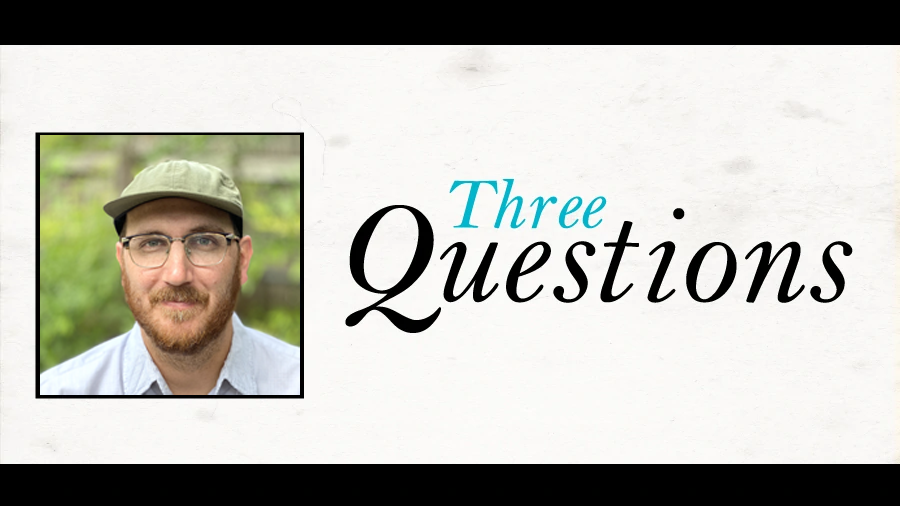Three Questions with Jason Reed

Three Questions is an initiative to share the value that our faculty, students, and external patrons derive from using the Portal to Texas History at UNT Libraries.
1. How important is the Portal in your teaching, learning or research?
The Portal to Texas History has long been an invaluable tool in both my research and teaching. As a photographer, my world is driven by images, and the Portal serves as a direct conduit to photographers from across the stretches of Texas history. Much of my own photography is about the socio-political landscapes of extraction industries in West Texas. Through the Portal I can build dialogue between my contemporary work and such things as oil drilling operations from the 1930s, the changing landscapes of small oil boom towns that have come and gone, farming practices during the Dust Bowl, or even portraits of 1980s high school all-star football players from the Oil Bowl. I also use the Portal in my courses, asking students to mine the visual histories of this state and build comparisons between their own lives and pictures they are making, and those from the past.
2. How has the Portal changed the way you approach your research, teaching or learning?
The most significant aspect of the Portal is that it serves as a hub for the vast array of archives that dot our large state. It would be difficult to travel to each small-town library or institutional archive and piece together the narratives that are possible from a dig through the Portal website. This is the best of what the internet and the digitization of physical archives can be, allowing me and my students to connect to the multiplicity of narratives that help to complicate the history of Texas.
3. What do you want others to know about your research, teaching or learning?
My work is born out of my upbringing in West Texas and informed by the stories that were told, but even more so by the stories that have been ignored. As I look at the current landscape of cotton farming, oil extraction, housing development, and migration, I wonder how we make progress toward a more sustainable and equitable future. The Portal gives me a link to the past and an understanding of the resilience and innovation that will be necessary to undertake the massive challenges of the 21st century, ultimately informing the pictures I make and the stories I choose to tell. My current project, The Land of Impossible Causes, will utilize pictures from the Portal and my own work to interweave the varied and intricate social, economic, and environmental narratives of the Permian Basin over the last 100 years, inviting a holistic reflection on where we each fit into the petroleum age at the advent of climate change.
Jason Reed is a Texas-based artist and educator whose work deals with the confluence of land, politics, and visual histories. He is a Professor of Photography and the Jones Professor of Southwestern Studies at Texas State University and holds a BA in Geography from the University of Texas and an MFA in Photography from Illinois State University. Reed has created exhibitions at venues such as Artpace in San Antonio, Krannert Museum at the University of Illinois in Champaign-Urbana, storefront windows in Miles, Texas, and Galerie Reinthaler in Vienna, Austria. Most recently he started a printed matter project that examines histories and dilemmas of the American West called the Victory in the Wilderness Museum, and his book (co-edited with Molly Sherman) Otherwise, It Would Be Just Another River was published by Spector Books in 2022.

